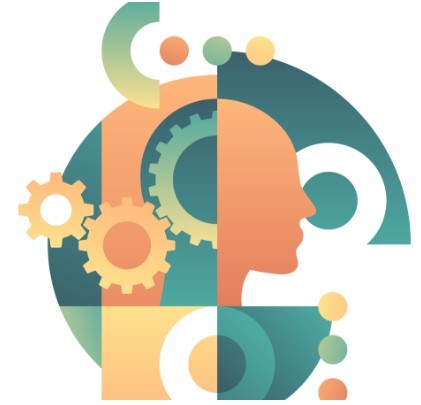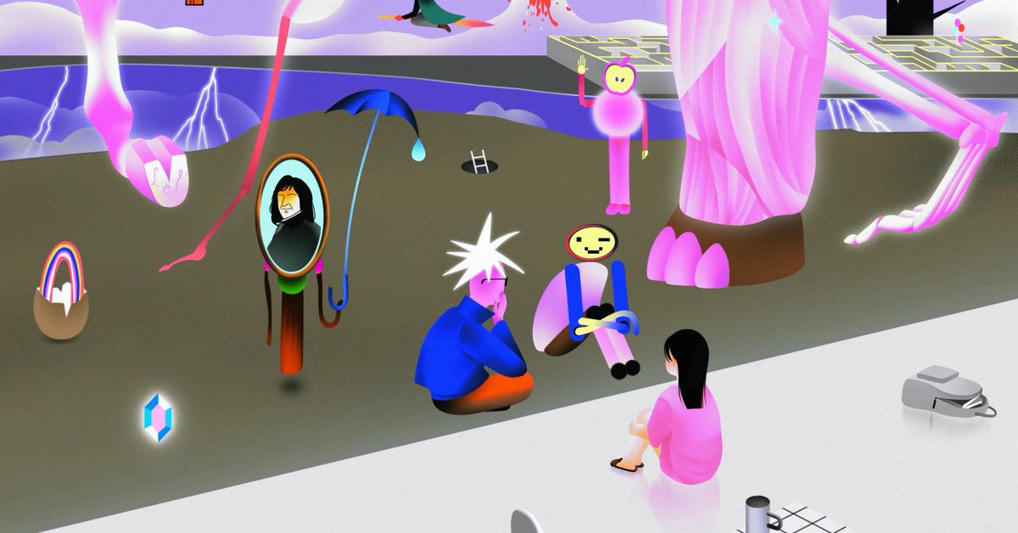
“When Tiffin University decided to integrate artificial intelligence tools directly into its courses and curriculum, the Center for Online and Extended…”
When Tiffin University decided to integrate artificial intelligence tools directly into its courses and curriculum, the Center for Online and Extended Learning implemented the use of design statements on written assignments. This short-term intervention is the first step in a long-term effort to ensure students learn to use AI tools ethically and responsibly.
Read the full article at: er.educause.edu








